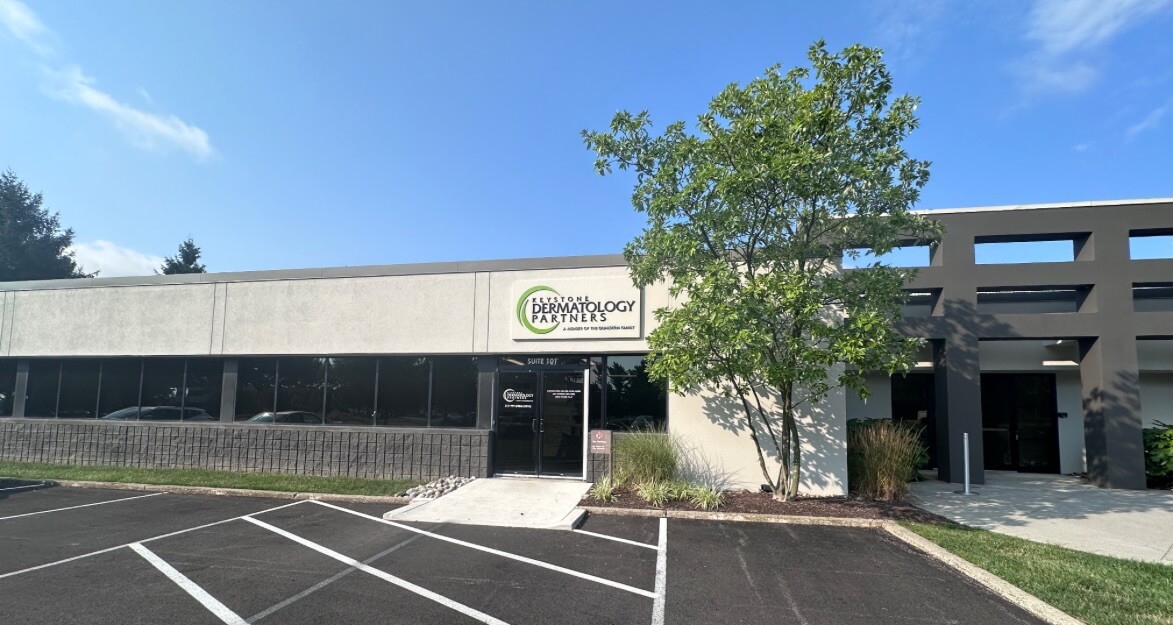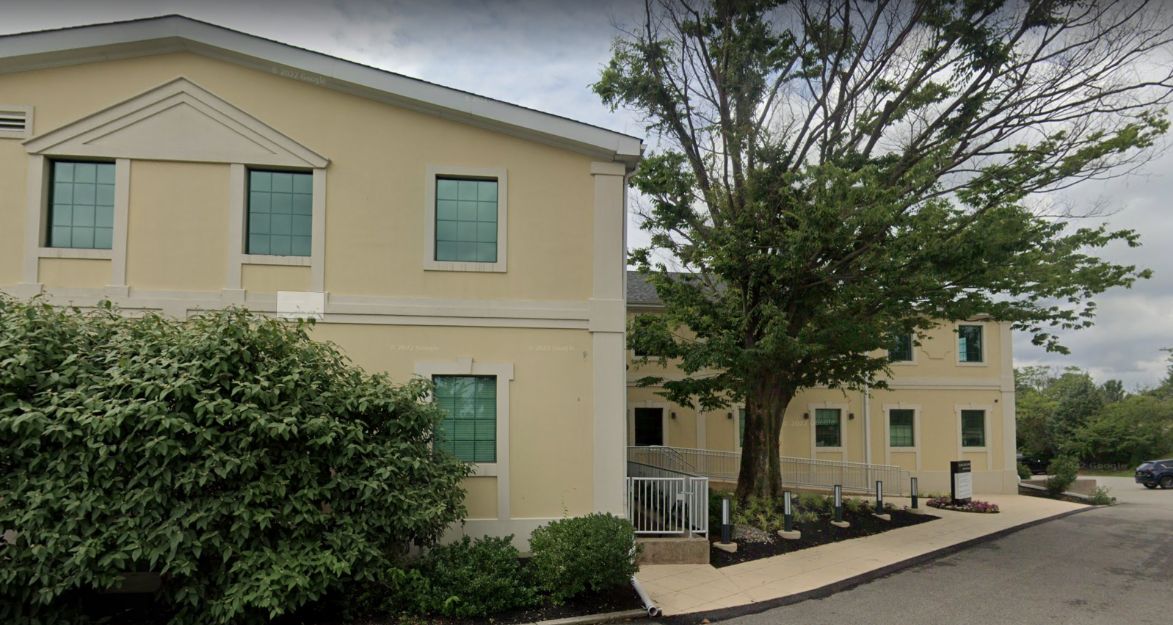Skin Cancer
What Is Skin Cancer and How Can You Treat It?
Skin cancer is the most common form of cancer worldwide. The Skin Cancer Foundation estimates that 1 in 5 Americans will develop skin cancer by age 70.
Skin cancer arises when abnormal cells in the skin grow uncontrollably, often beginning with changes in moles or the appearance of new growths. The three most prevalent types of skin cancer are melanoma, basal cell carcinoma, and squamous cell carcinoma.
The Importance of Early Detection in Skin Cancer Prevention
Early detection is key to effective treatment and achieving the best outcomes. Regular full-body skin exams by a dermatologist are vital for early identification of skin cancer. Annual checks can catch mole changes or new growths before they progress.
At Keystone Dermatology Partners of Philadelphia, we are committed to helping you achieve and maintain optimal skin health through education, prevention, and early detection of skin cancer. Our focus on skin health and positive outcomes is central to our approach, which is why we offer total body skin exams as part of your annual appointment.
During a total body skin exam, our providers thoroughly assess the health of your skin, identifying any conditions or spots of concern. By making regular skin checks a part of your routine, you take proactive steps to protect your skin and ensure early intervention if necessary.
Schedule your comprehensive skin exam with Keystone Dermatology Partners today and take control of your skin health. Your well-being is our top priority, and we are here to support you every step of the way.
Examples of Skin Cancer
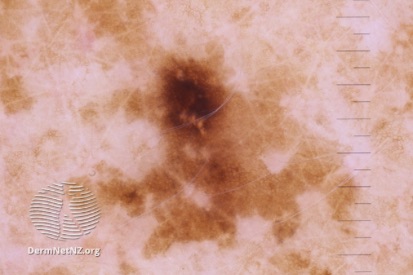
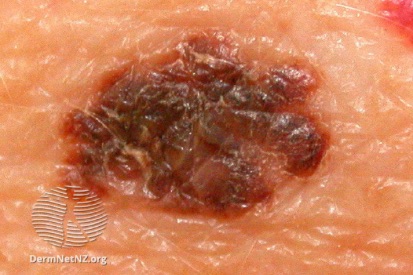
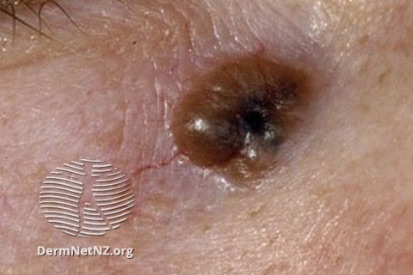
Symptoms of Skin Cancer
- For basal cell carcinoma: usually occurs on sun-exposed areas of the face, neck, and body. Basal cell carcinoma appears as a waxy, whitish, or pink bump, or a flat lesion that may be pink, brown or flesh-toned.
- For squamous cell carcinoma: occurs most often on sun-exposed areas such as the face, ears, neck, hands, and body. Squamous cell carcinoma can appear as a solid, red bump or a flat lesion that has a scaly or crusty feel.
- For melanoma: can appear anywhere on the body, in normal skin or in a mole that then becomes cancerous. Melanoma can have many presentations, so any new or changing spot on the skin should be evaluated.
What Causes Skin Cancer?
- Skin cancer can occur in anyone, anywhere, but is more likely to occur in people whose work or lifestyle exposes them to direct sunlight on a regular basis, or whose childhood or youth was filled with sun exposure.
- Though skin cancer occurs less often in people with darker complexions than in those with fair complexions, dark-skinned people are at higher risk for cancer in areas of the body not normally exposed to the sun.
Skin Cancer Prevention
Our skin experts are leading the movement in skin health management and prevention by offering an annual Total Body Skin Exam to everyone we treat, aiming to detect skin cancer early and ensure comprehensive skin care.
Skin Cancer Frequently Asked Questions
Skin cancer is a type of cancer that begins in the skin cells. It usually develops on skin exposed to the sun but can also occur in areas that are not exposed. There are three main types of skin cancer: basal cell carcinoma, squamous cell carcinoma, and melanoma. Basal cell carcinoma and squamous cell carcinoma are more common and have a higher cure rate, while melanoma is less common but is more aggressive.
The primary risk factor for skin cancer is exposure to ultraviolet (UV) radiation from the sun or tanning beds.
The signs of skin cancer can vary. Common signs include changes in the size, shape, color, or texture of a mole or spot on the skin. Itching, tenderness, or bleeding may also occur. It's crucial to seek medical attention if you notice any unusual changes on your skin.
Treatment for skin cancer depends on the type, size, and location of the cancer, as well as the patient's overall health. Common treatment options include surgical removal of the cancerous tissue, radiation therapy, and, in some cases, chemotherapy or Mohs surgery. Early detection is key to successful treatment.
You should apply sunscreen every day, even on cloudy days and during the winter, UV rays can still penetrate the clouds and cause skin damage.
A total body skin exam by a dermatologist is crucial as it serves as a proactive measure for the early detection of skin cancers, including melanoma, the deadliest form of skin cancer.
Skin cancers are often highly treatable when identified at an early stage. A comprehensive examination allows the dermatologist to assess moles, birthmarks, and any unusual skin changes that may indicate potential issues.
From Our QualDerm Family of Providers: The Importance of Skin Checks
Skin Cancer Treatments
- Mohs micrographic surgery
- Excisional surgery
- Cryotherapy (freezing)
- Currettage and Electrodessication
- Chemotherapy
- Radiation
Featured Blogs
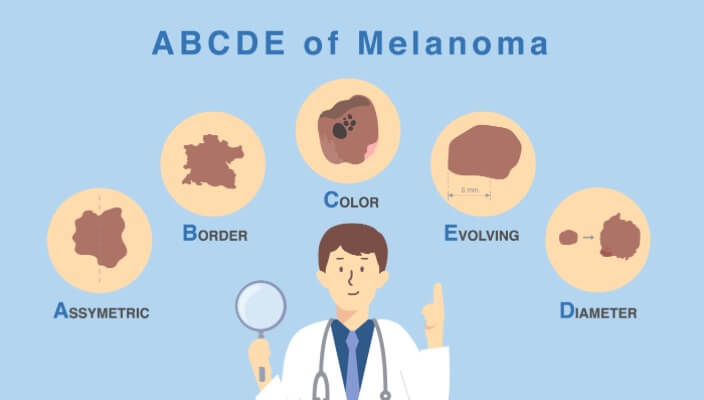
- Skin Cancer
- Skin Exams
With skin cancer cases rising year after year, it’s no surprise that people are itching to learn more about this life-threatening skin disease
Read More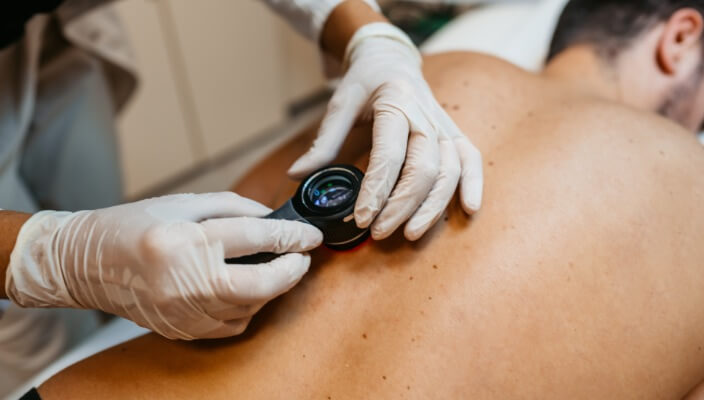
- Skin Cancer
- Skin Exams
In this blog, we’re covering what you need to know about five dangerous skin cancers, including basal cell carcinoma (BCC), squamous cell carcinoma (SCC), malignant melanoma, merkel cell carcinoma, and kaposi sarcoma.
Read More
- Skin Cancer
- General Dermatology
- Skin Exams
Navigating the landscape of Total Body Skin Exams: Uncover the comprehensive process, understand why it matters for skin health, and gain insights into what to expect during these essential dermatological examinations.
Read More
